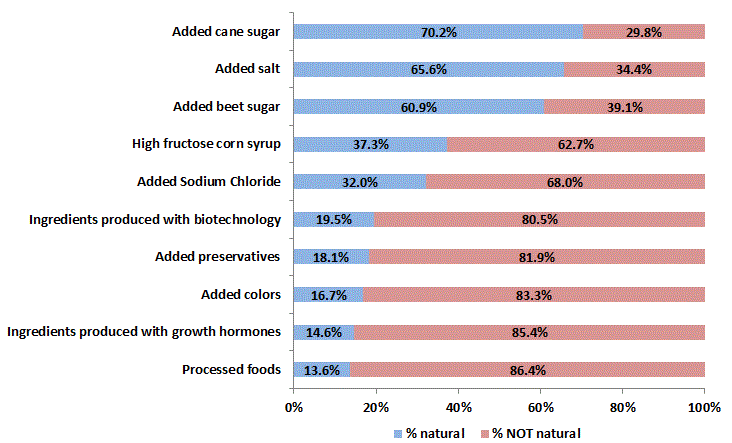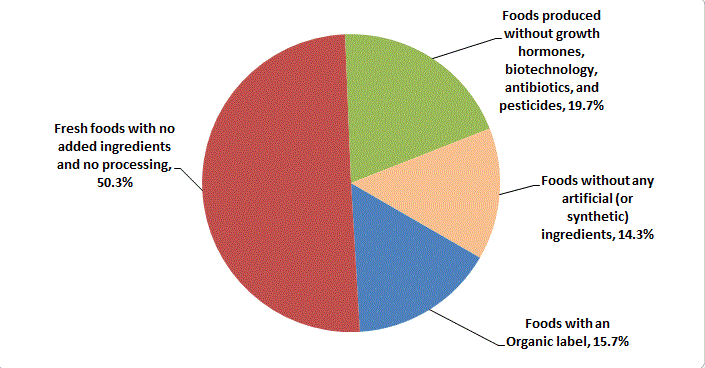This past weekend, I was a guest on a radio show that is broadcast through a network to about 100 stations across the US. I was talking about my book, The Food Police. Having done dozens of these kinds of shows over the past six or seven months since the book release, I figured that I've heard just about every question there was to ask. I was wrong.
After some standard back-and-forth questions with the host, the line was opened to callers. Here are a few of the claims I heard - each from a different caller:
- Adding fluoride to water doesn't prevent cavities and causes joint pain, teeth browning, cancer, and Alzheimers
- Canola oil is an "unnatural" newly created synthetic product that causes cardiac problems and high blood pressure
- Organic farmers are small farmers; small farmers treat their soil better than large farmers
- With GMOs the genes they inject into DNA. They are unnatural and become free floating in the soil; 70% of babies have the Bt toxin in their blood as a result of GMOs; the implication is that GMOs are very dangerous
- A new wave of cancer patients are successful fighting cancer by moving to a diet of organic produce
Some of these are more grounded in reality than others but overall I think I lost a little bit of faith in my fellow man. I don't mean that in a belittling way. But it makes me wonder what it is in human nature or what incentives exist in media/internet that would take a little grain of truth and turn it into some of these beliefs that are so at odds with the evidence.

